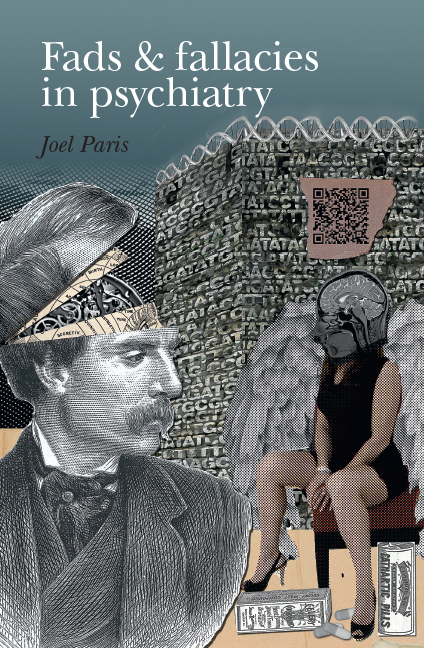Summary
Mental illness is a mystery. That is why I chose psychiatry as a career, and why I love it. It is still a pioneer field, and answers to the most important questions about mental illness will probably require another century of research. But becoming a psychiatrist was one of the best decisions I ever made. Fifty years later, I have no interest in retirement.
As I grow older, I have become interested in the history of my specialty. As a medical student, I did not understand why we were taught the history of medicine. Once ideas go out of date, why learn them? Now I have come to realise that progress is not linear. Impeded by false beliefs, medical science sometimes goes off on serious tangents. Understanding past mistakes helps us to be appropriately sceptical about current theories and practices.
I have always been the type of person who questions everything. When I was young, this trait got me into trouble. Teachers saw me as a rebellious young man, but I had a strong need to question all received wisdoms. Now, in my old age, I am called a curmudgeon for saying some of the same things. Although psychiatrists do a lot of good for patients, it is important to criticise contemporary practice, especially its susceptibility to fallacies and its penchant for fads. That is the passion that drives this book.
The title is a deliberate paraphrase of a classic volume by Martin Gardner (1957), Fads and Fallacies in the Name of Science. Fads are temporary bursts of enthusiasm, based on fallacies that reflect cognitive errors or wishful thinking. When we think of fads, bizarre ideas come to mind, and Gardner's book focused on very strange theories. But fads in psychiatry have occurred not only on the fringe, but in the very mainstream of theory and practice. Some of the trendiest theoretical paradigms may turn out to be unsupported by data. In diagnosis, the many faddish approaches to classification are unlikely to last. In treatment, both psychopharmacology and psychotherapy sometimes embrace interventions with a weak base in evidence that run the risk of doing harm to patients.
- Type
- Chapter
- Information
- Fads and Fallacies in Psychiatry , pp. 1 - 8Publisher: Royal College of PsychiatristsFirst published in: 2017



